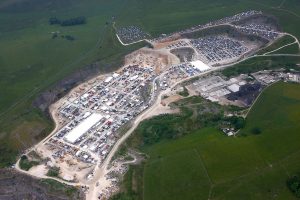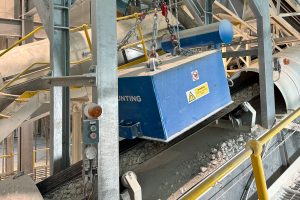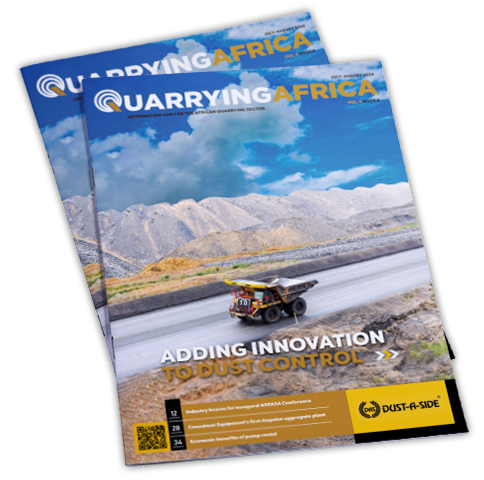The true test of effective customer support is its ability to lower the total cost of ownership of equipment. According to vibrating screen specialist Kwatani, this means accurately predicting the customers’ future needs. It also means regular and detailed measure of costs and output.
While low total cost of ownership (TCO) is a function of product quality, it is also about predicting maintenance intervals and optimising uptime.
“Prediction and planning have become the pillars of quality aftermarket support,” says Jan Schoepflin, GM sales and service at Kwatani, now part of the global Sandvik engineering group. “More than ever, OEMs must support customers with systems and services that pinpoint future needs.”
Schoepflin highlights that when equipment users adopt a TCO approach, they realise cost savings through smoother operations and less disruption, as there are fewer unplanned stoppages.
“This approach should also extend the life of equipment, making it not only more cost effective but more environmentally sustainable,” he says. “As the name suggests, capital equipment is a significant investment and should last as long as possible.”
An important part of an OEM’s support role, then, is to help customers measure the condition and performance of equipment. This vital data allows users to plan better, by knowing what financing and maintenance will cost. This means more accurate proposals and reporting to management and board level.
“Equipment owners can also outsource some of their business risk to supply partners like Kwatani,” he notes. “If an OEM claims a certain TCO for its equipment, owners should be able to hold the company to this promise, by delivering both reliability and performance at a given cost.”
He says Kwatani does this is by offering instruments like extended warranties and tonnage contracts to customers. By applying the necessary maintenance programmes with genuine spares, owners can benefit from cost certainty and operational uptime.
Planning for maintenance has become even more crucial given Covid-19’s disruption of the global supply chain. Kwatani’s aftermarket specialists work closely with customers to predict what maintenance and spares will be needed. With the risk of longer lead times, effective planning requires that certain stock be kept aside to supply specific customers’ maintenance programmes.
“OEMs with a proven reputation make it easier for users to trust a forecast TCO,” says Schoepflin. “With our focus on aftermarket services, we attract a high level of return business – making us more sustainable over time.”
He emphasises the importance of this sustainability, as customers know the company will be there in future to support the equipment they sell and uphold their TCO promise.





![Data from the World Risk Poll shows that one in five (21%) people in mining and quarrying occupations have experienced harm at work in the past two years. [Photo by Shane McLendon on Unsplash]](https://quarryingafrica.com/wp-content/uploads/2024/10/shane-mclendon-89hUOLtVfoI-unsplash-300x225.jpg)
